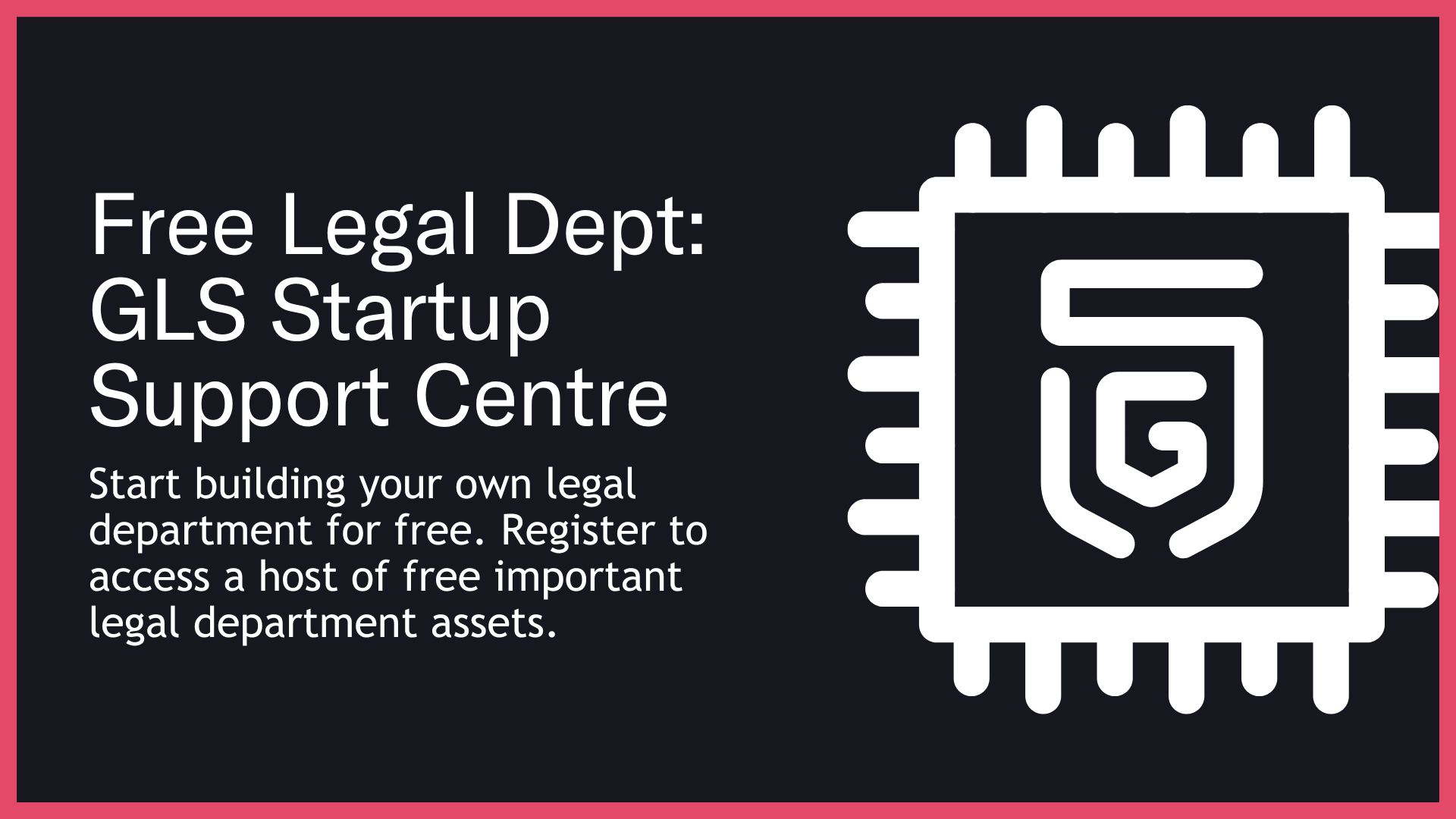GLS Legal Support Centre
Legal Made Easy For Startups
Back
IP Monetisation
Introduction
“Your intellectual property isn’t just a shield - it’s a goldmine. The question is, are you digging?” – Matt Glynn
Once your startup has mapped out and protected its intellectual property (IP) assets, the next challenge - and opportunity - is IP monetisation. This is about putting your IPR to work, turning it from a static legal asset into a dynamic revenue generator, an investor magnet, or even a form of collateral.
For IP-heavy businesses, this can be a game-changer - creating recurring revenue streams, strengthening your valuation, and opening up financing options. Even for startups with more modest IP holdings, effective monetisation can provide strategic advantages in fundraising, partnerships, and competitive positioning.
IP Monetisation – What Is It?
PAA: What does IP monetisation mean?
It’s the process of generating income or strategic value from IPR - through licensing, sale, securitisation, brand extension, or leveraging it in investment deals.
PAA: Is IP monetisation only for large companies?
No - startups can monetise IP at almost any stage, though the scale and approach will vary with the maturity of the IP portfolio
Why This is Important
This is an important stage of the start-up journey because:
◼️Revenue creation – IP can be licensed, franchised, or sold for income.
◼️Investor appeal – Strong IP monetisation potential boosts valuation.
◼️Financing leverage – Certain IP can be pledged as security for loans.
◼️Market expansion – IP licensing can allow rapid geographic reach without heavy capital spend.
◼️Partnership power – Monetisation strategies can unlock joint ventures and collaborations.
◼️Exit readiness – Clear monetisation pathways increase acquisition attractiveness.
PAA: How can IP help in fundraising?
Investors value businesses with IP-backed revenue streams or exclusive rights, as they reduce competitive threats and create scalable opportunities.
Consequences of Not Addressing This Issue
1. Legal Implications
◼️Poorly drafted licensing agreements can dilute ownership rights.
◼️Missed compliance obligations can void agreements or rights.
2. Founder Relationship Issues
◼️Disputes over revenue-sharing arrangements from monetised IP.
3. Commercial Implications
◼️Lost opportunities to expand or create passive revenue streams.
4. Operational Implications
◼️Over-reliance on core business revenue without leveraging asset diversity.
5. Biz Valuation Issues
◼️Lower valuations due to unexploited IP potential.
PAA: Can you lose IP rights through monetisation?
Yes - if agreements transfer ownership rather than licensing, or if you fail to control how licensees use your IP.
What You Should Be Doing
◼️Identify monetisable IP – Review your portfolio for assets with licensing, brand extension, or sale potential.
◼️Develop a monetisation strategy – Decide between licensing, joint ventures, franchising, securitisation, or outright sale.
◼️Protect before you monetise – Ensure IP is registered and enforceable.
◼️Engage legal expertise – Draft airtight agreements with clear terms.
◼️Consider financing options – Explore using IP as collateral.
◼️Track performance – Monitor licensee compliance and revenue flows.
PAA: What’s the difference between licensing and franchising?
Licensing grants rights to use IP in a specific way; franchising transfers an entire business model, including brand, processes, and IP.
Case Studies
Disney – The Licensing Empire
Disney’s IP monetisation strategy is one of the most successful in history. Beyond ticket sales and streaming, Disney earns billions annually licensing its characters, stories, and franchises across merchandise, theme parks, and media deals. This licensing machine is fuelled by rigorous IP protection and creative brand extensions.
Arm Holdings – Licensing Over Manufacturing
UK-based Arm doesn’t make chips - it licenses its processor architecture to companies like Apple, Qualcomm, and Samsung. This IP-focused model has created a global technology standard and a multi-billion-dollar revenue stream without the costs of manufacturing.
Kodak – Patents as a Lifeline
After falling behind in the digital camera market, Kodak sold and licensed parts of its massive patent portfolio, generating over $500 million in deals with companies including Apple, Google, and Microsoft. While it didn’t save Kodak’s core business, it demonstrated how IP can be monetised to generate immediate capital.
PAA: What companies use IP as collateral?
Brands like Calvin Klein, Dunkin’, and even small biotech firms have used IP-backed loans to fund growth or restructuring.
Final Thoughts
IP monetisation transforms intellectual property from a static defensive tool into an active growth engine. Startups that think creatively - and strategically - about monetisation can unlock revenue, attract investors, and create lasting competitive advantages.
How GLS Can Help You
◼️IP monetisation strategy design
◼️Licensing and franchising agreements
◼️IP-backed financing advisory
◼️Portfolio audit for monetisation opportunities
◼️Royalty and compliance tracking
◼️International IP licensing structures
◼️Brand extension planning
◼️IP due diligence for investors
◼️Negotiation support with licensees and partners
◼️Exit strategy planning with IP focus

